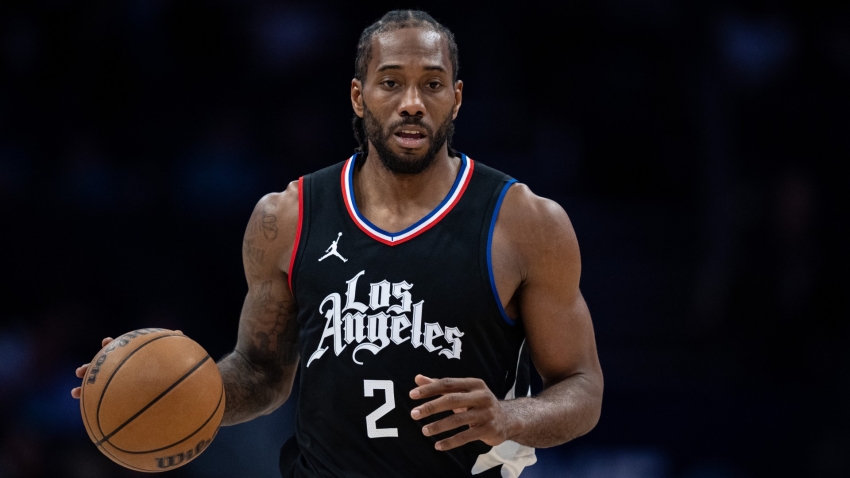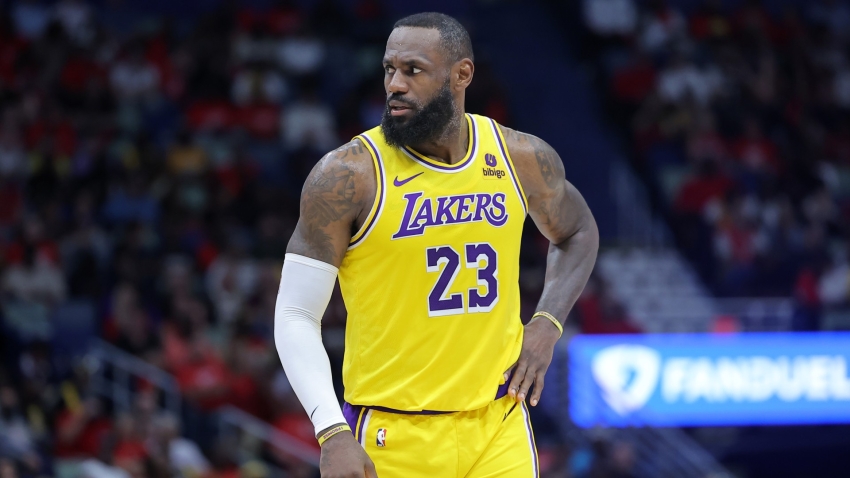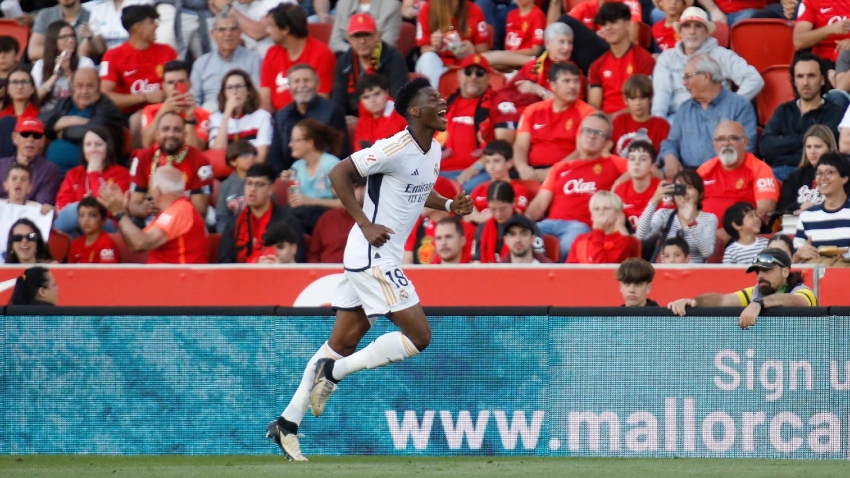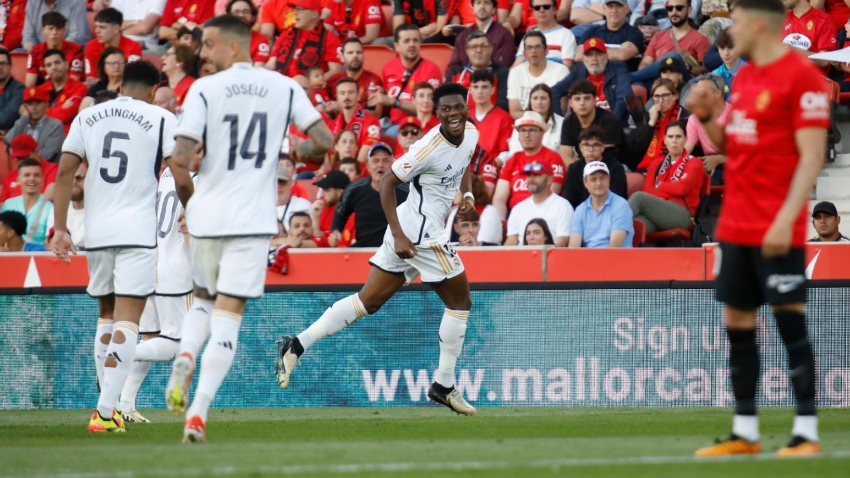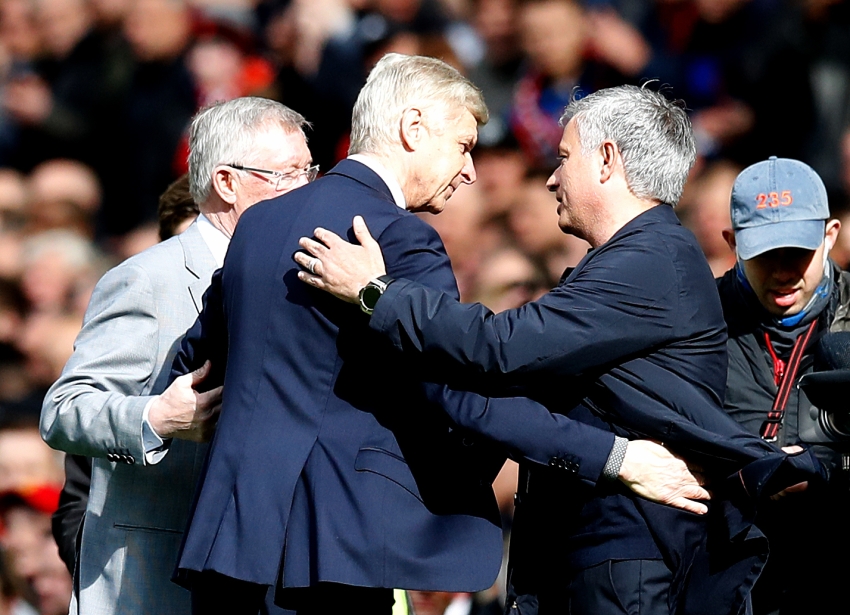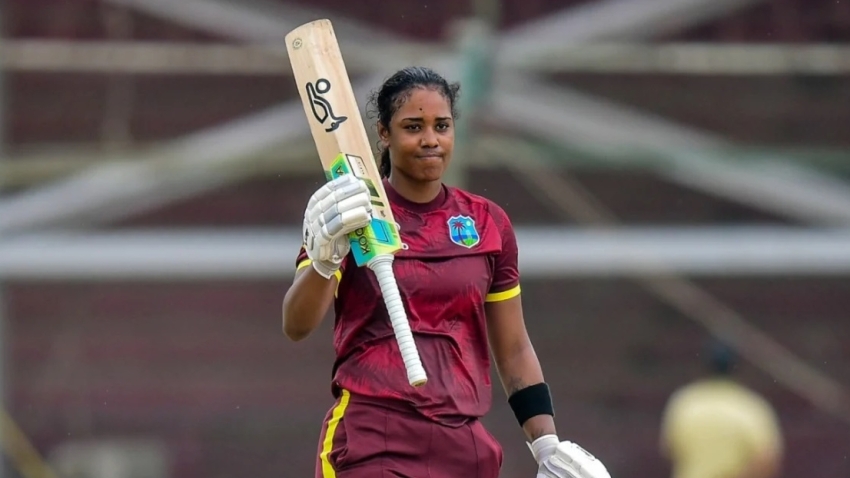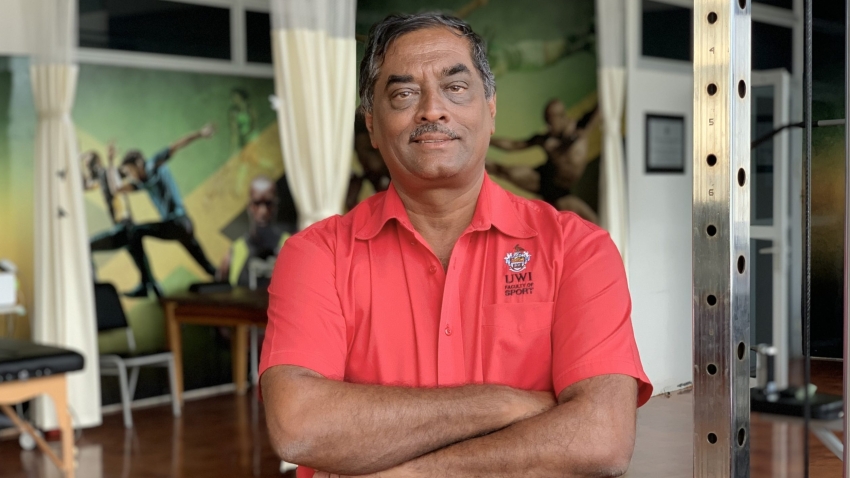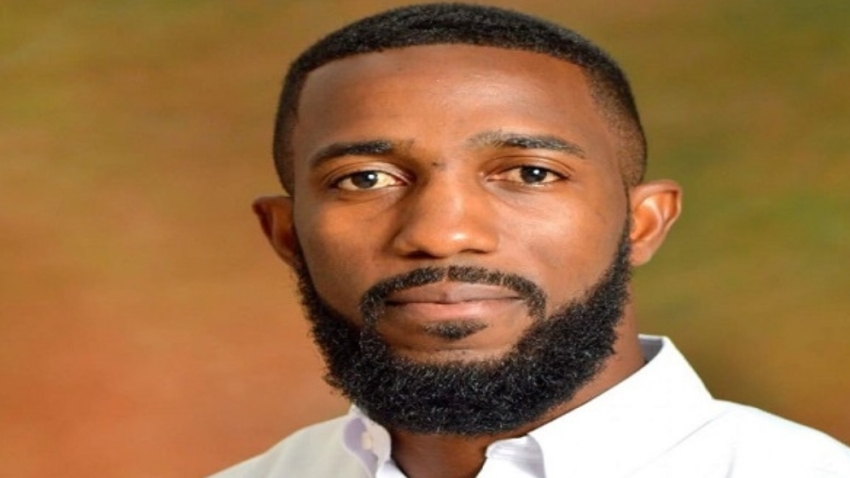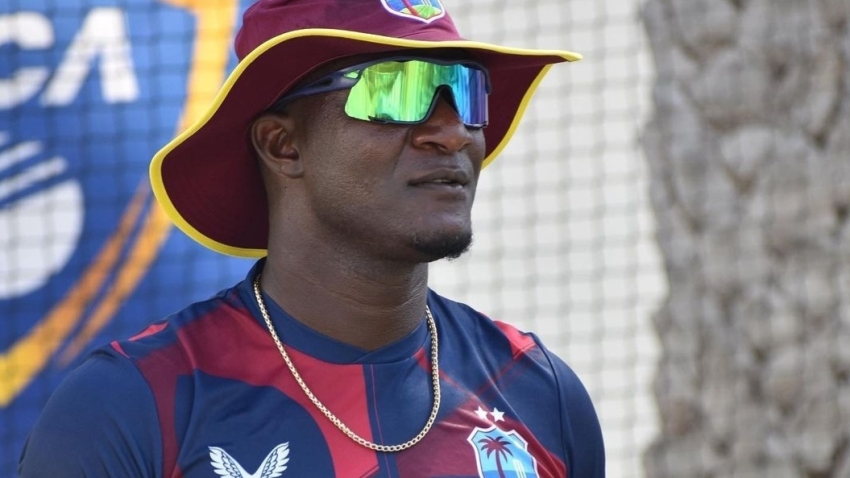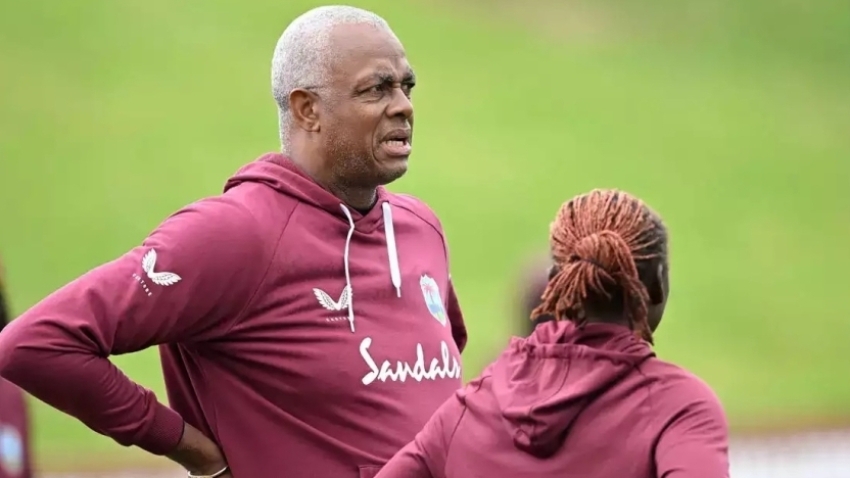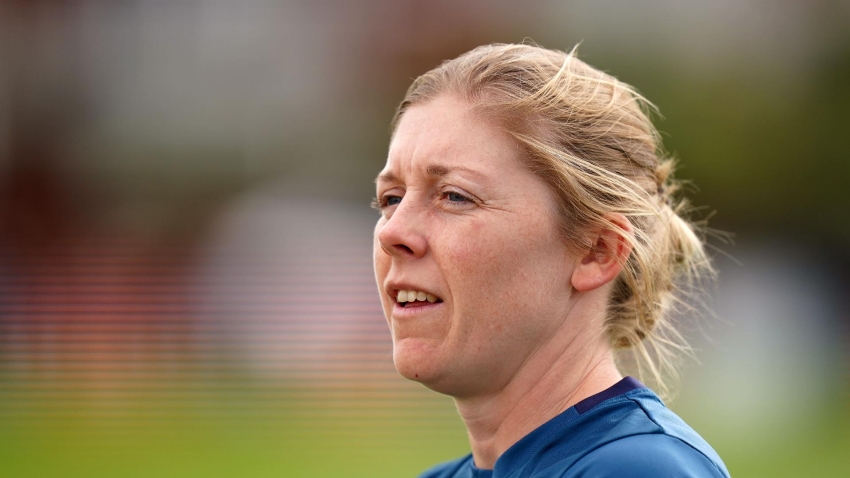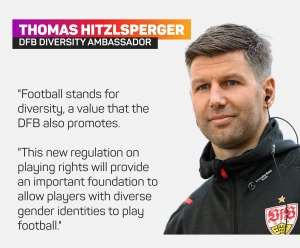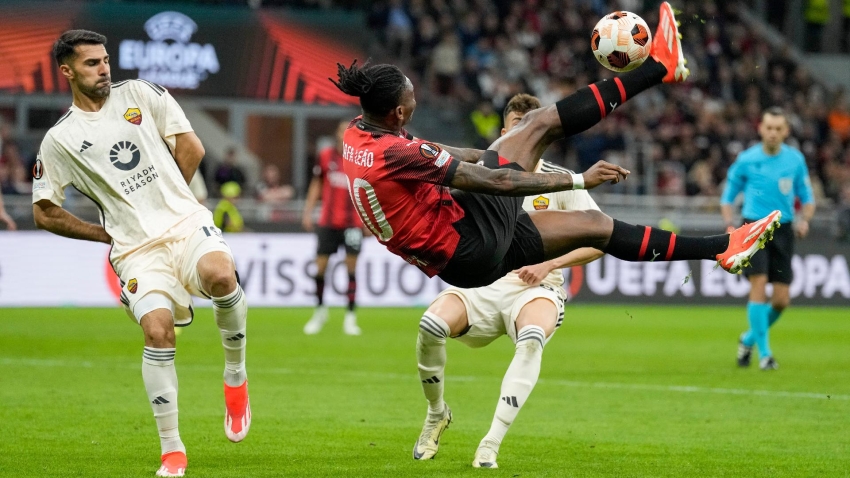Thomas Hitzlsperger believes clear improvements have been made with respect to diversity in football and hopes players from Europe's major leagues will soon feel comfortable coming out as gay.
Hitzlsperger – who earned 52 caps for Germany between 2004 and 2010 and helped Stuttgart win the Bundesliga in 2006-07 – came out in 2014, less than a year after his retirement.
Having become the highest-profile player to come out, Hitzlsperger recognises the "courage" required for anyone to take such a decision.
However, citing evolving attitudes towards homosexuality in football and the impact of diversity campaigns, Hitzlsperger believes the sport is now more welcoming.
Speaking to Stats Perform at the Football Business Awards, Hitzlsperger said: "What I'm seeing is a lot of improvement in what clubs are doing to promote diversity. We see a lot of symbolism, symbols, and support.
"But it's down to the player or the players to make that decision. It takes courage, it takes a good network of family and friends to finally go that way.
"I can't predict how long it's going to take, but I'm glad to see that among fans and clubs in the media and in general, there's a positive attitude towards it.
"If we always pick out the people who discriminate on this, then we can always argue, but in general, I think there has been an improvement.
"I can only hope that we see a player or some players [come out] one day because that would make another big change."
Hitzlsperger enjoyed three spells in the Premier League during his playing career, representing Aston Villa, Everton and West Ham.
The Hammers are gearing up to face Fiorentina in next month's Europa Conference League final, and Hitzlsperger is optimistic regarding their chances of continental glory.
"It's massive," he said. "Again, as a football fan, you're going into a European competition. That in itself is a great achievement.
"But then ending up in the final means so much to the fans, the journeys across Europe, so I can only hope that they do well, win the final and give the fans something to cheer about because I remember being there.
"Sometimes when you get relegated, I know how depressing it is for everybody involved, but the club has recovered and hopefully in the future they will also do well in the Premier League."




